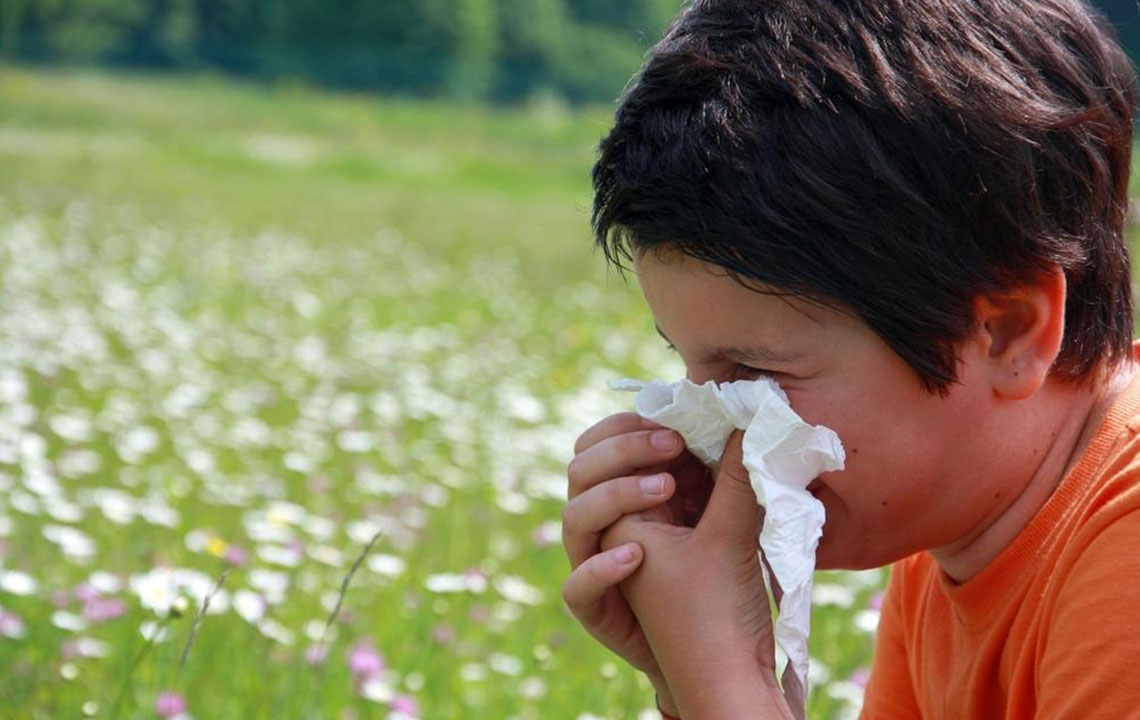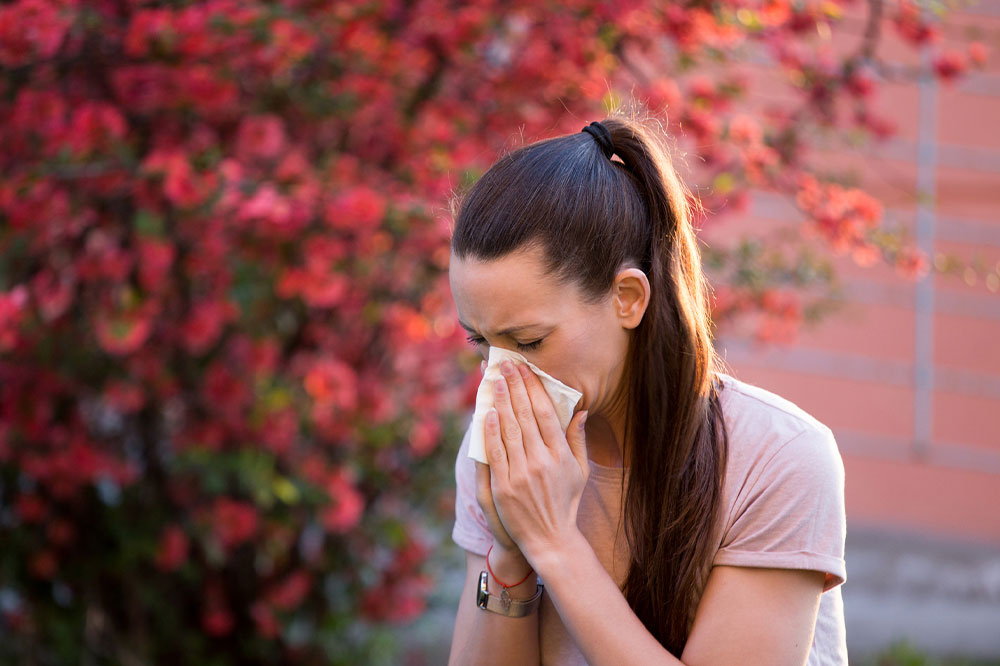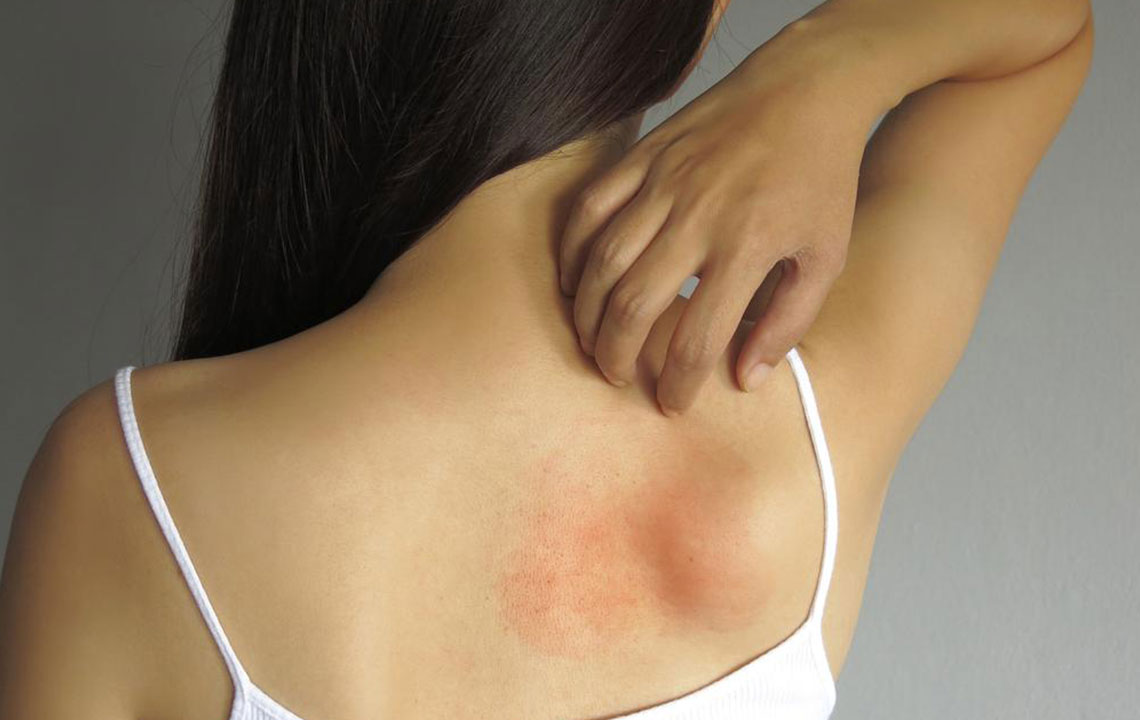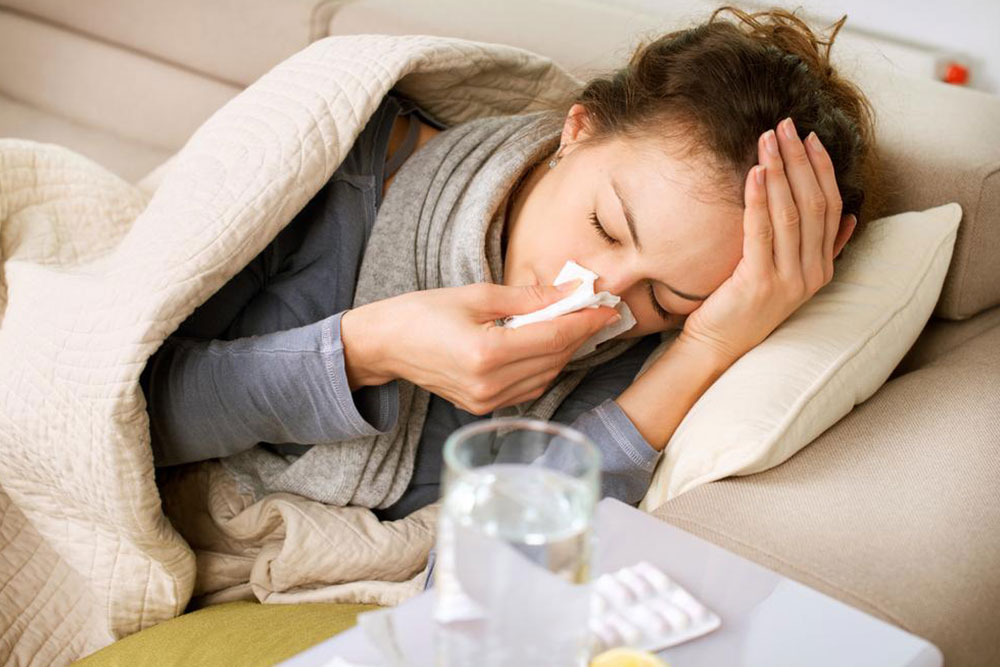Effective and Comprehensive Techniques to Alleviate Itchy Eyes Naturally
Discover effective strategies to alleviate itchy eyes naturally and manage allergic conjunctivitis. This comprehensive guide covers trigger avoidance, environmental control, medication options, and home remedies, helping you reduce discomfort and improve eye health. Learn how to create a safe indoor environment and find long-term relief with expert tips tailored for allergy sufferers.
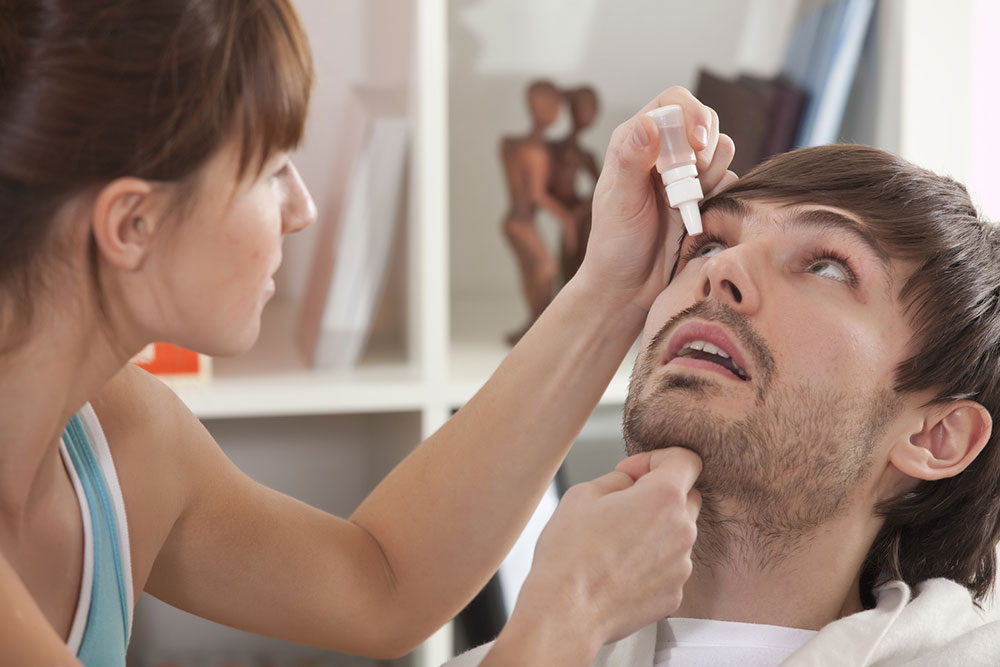
Effective and Comprehensive Techniques to Alleviate Itchy Eyes Naturally
Experiencing itchy, red, and swollen eyes can be quite discomforting and often indicates allergic conjunctivitis, a common eye condition caused by allergens. This condition is characterized by symptoms such as persistent itching, redness, watery eyes, and sometimes a burning sensation or light sensitivity. Identifying the triggers is crucial for effective management and relief. Allergens like pollen from trees, grasses, and weeds are prominent culprits, especially during particular seasons. Additionally, environmental irritants such as perfumes, cigarette smoke, and automobile emissions like diesel fumes can exacerbate symptoms. When your eyes are exposed to these triggers, they respond by releasing histamines, which cause inflammation and discomfort.
Effective management starts with proactive avoidance of known allergens. During periods of high pollen counts—typically mornings and late evenings—it's advisable to stay indoors as much as possible. Keeping windows closed and relying on air conditioning instead of fans can significantly reduce airborne allergens that might enter your living or working spaces. Wearing sunglasses outdoors can block pollen particles from reaching your eyes, providing an additional layer of protection. For drivers, keeping car windows rolled up limits exposure to pollen or dust particles outside.
Dust mites are another frequent cause of itchy eyes and allergic reactions. They reside in bedding, pillows, carpets, and upholstery. Using allergen-proof pillow and mattress covers can create a barrier, minimizing dust mite contact. Regularly washing bedding and linens in hot water not only removes dust mites but also clears away other allergens that could be irritating your eyes and respiratory system. Removing or reducing dust-accumulating items such as heavy curtains and thick rugs can further improve indoor air quality. Maintaining a clean environment—by vacuuming dust and debris with a HEPA filter vacuum cleaner and wiping surfaces with a damp cloth—helps reduce allergen buildup.
Indoor humidity levels play a vital role in allergic responses. Keeping humidity below 50% through the use of dehumidifiers prevents mold growth, which is a potent allergen for many individuals. Mold spores can trigger symptoms similar to pollen allergies, leading to itchy, red eyes, runny nose, and respiratory discomfort. Identifying and eliminating mold-infested areas, such as damp basements or bathroom corners, is essential for allergy control.
Pets are also common sources of allergy. Pet dander can lodge in carpets, furniture, and on clothing, causing eye irritation even in people without pet allergies. To minimize exposure, wash hands immediately after pet contact, and if possible, restrict pets from bedrooms and living areas where you spend significant time. Regular grooming and bathing of pets help reduce dander levels.
Since many allergens are airborne, consulting allergy specialists or ophthalmologists can provide personalized treatment options. They can perform allergy testing to pinpoint specific allergens and recommend targeted treatments. Medications such as antihistamine eye drops, oral antihistamines, decongestants, and nasal sprays can provide quick relief but should be used under medical supervision. For long-term management, allergy immunotherapy—commonly known as allergy shots—may be recommended to desensitize your immune system to specific allergens. Additionally, specialized eye drops containing antihistamines or anti-inflammatory agents can reduce itching and swelling effectively.
Incorporating home remedies like cold compresses over closed eyes can reduce swelling and soothe irritation. Consistent eye hygiene, avoiding rubbing the eyes, and maintaining a clean living environment are fundamental preventive measures. Always discuss any new treatments or medications with your healthcare provider, especially if you are caring for children or pregnant individuals. By following these comprehensive strategies, you can significantly reduce the discomfort caused by itchy eyes and improve your quality of life during allergy seasons or in allergen-prone environments.

